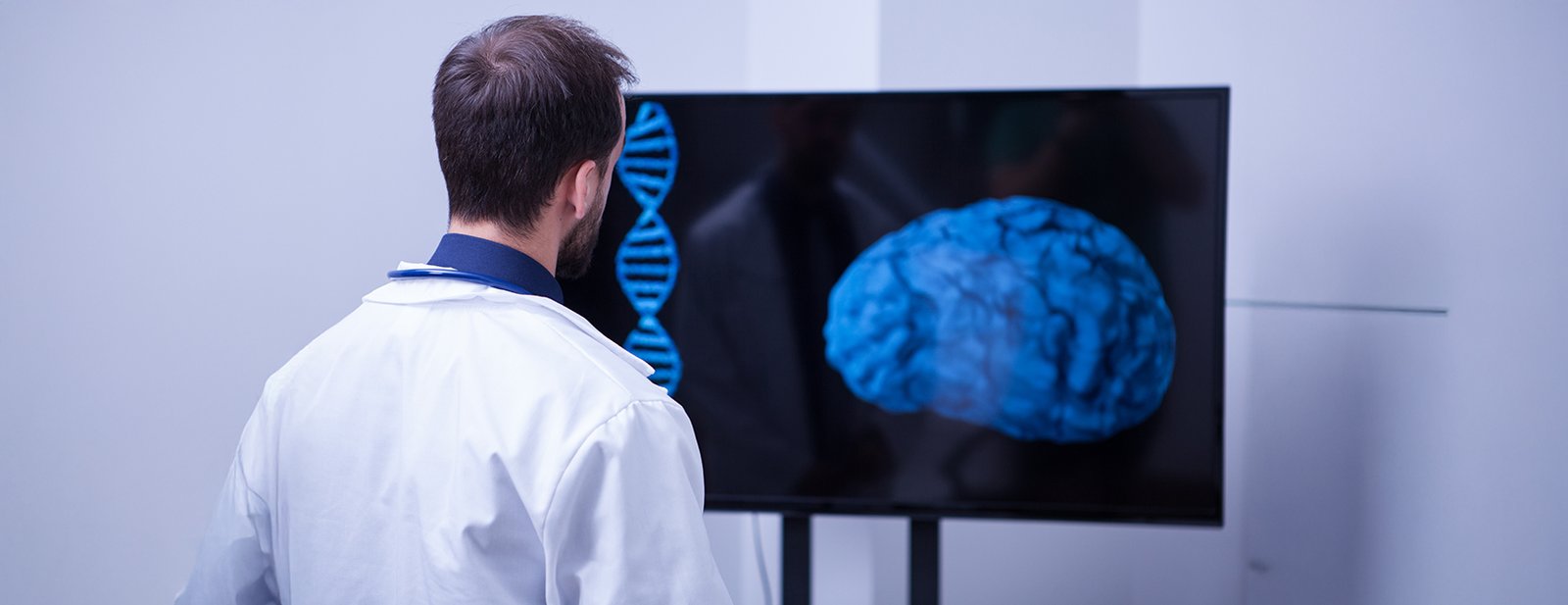PARKINSON'S MOVEMENT DISORDER & NEUROLOGY
Parkinson's Movement Disorder & Neurology
Parkinson's Movement Disorder
Parkinson's disease is a progressive neurological disorder that primarily affects movement control. It results from the degeneration of dopamine-producing neurons in the brain, specifically in the substantia nigra, a region critical for smooth and coordinated motor activity.
Key Symptoms of Parkinson's Disease:
- Tremors: Often starting in one hand, these rhythmic shaking movements are a hallmark of Parkinson's.
- Bradykinesia (Slowness of Movement): Reduced speed and spontaneity of voluntary movements, making simple tasks challenging.
- Rigidity: Muscle stiffness that can cause discomfort and restrict the range of motion.
- Postural Instability: Difficulty maintaining balance and coordination, increasing the risk of falls.
- Non-Motor Symptoms: These include cognitive changes, mood disorders, sleep disturbances, and autonomic dysfunction.
Advanced Treatment Approaches:
- Medications: Dopamine agonists, MAO-B inhibitors, and levodopa help manage motor symptoms.
- Deep Brain Stimulation (DBS): A surgical procedure where electrodes are implanted in specific brain areas to regulate abnormal signals.
- Physical and Occupational Therapy: These therapies improve mobility, strength, and daily functioning.
- Lifestyle Modifications: Regular exercise, a balanced diet, and stress management play a critical role in symptom control.
Neurology and Movement Disorders
Neurology focuses on diagnosing and treating disorders of the nervous system, including movement disorders like Parkinson's, essential tremor, dystonia, and Huntington’s disease.
Common Movement Disorders Treated in Neurology:
- Essential Tremor: A neurological condition causing involuntary shaking, often of the hands and head, unrelated to Parkinson’s disease.
- Dystonia: Characterized by involuntary muscle contractions, leading to abnormal postures or repetitive movements.
- Huntington’s Disease: A genetic disorder that affects the brain and leads to both motor and cognitive decline.
- Tourette Syndrome: A condition involving repetitive movements or unwanted sounds (tics) that cannot be easily controlled.
Comprehensive Neurological Care for Movement Disorders
Diagnostic Approaches:
- Clinical evaluation by a neurologist to assess motor and non-motor symptoms.
- Imaging techniques like MRI and functional brain scans to rule out other conditions.
- Genetic testing for hereditary movement disorders.
Treatment Modalities:
- Medications: Aimed at restoring chemical imbalances in the brain to improve movement and reduce tremors or rigidity.
- Rehabilitation Therapy: Physical, occupational, and speech therapy to enhance mobility, reduce spasticity, and improve communication.
- Botulinum Toxin (Botox) Injections: Used to treat dystonia and other focal movement disorders by relaxing overactive muscles.
- Surgical Interventions: Options like DBS or lesioning surgeries for conditions that do not respond well to medications.
Holistic Care for Neurological Disorders:
- Multidisciplinary teams of neurologists, therapists, and support staff to provide individualized treatment.
- Patient and caregiver education to ensure proper management and understanding of the condition.
- Support groups and counseling to address the emotional and psychological challenges associated with movement disorders.
Innovation and Research in Neurology:
Ongoing advancements in neuroscience are paving the way for improved treatments, including:
- Gene therapy and neuroprotective strategies aimed at slowing disease progression.
- Advanced brain imaging techniques for early diagnosis.
- Research into stem cells and neuroregenerative therapies to repair damaged neural tissues.
Conclusion:
Parkinson’s movement disorder and other neurological conditions require specialized and compassionate care. By combining cutting-edge technology, personalized treatment plans, and a holistic approach, patients can achieve improved quality of life and better management of their symptoms.








